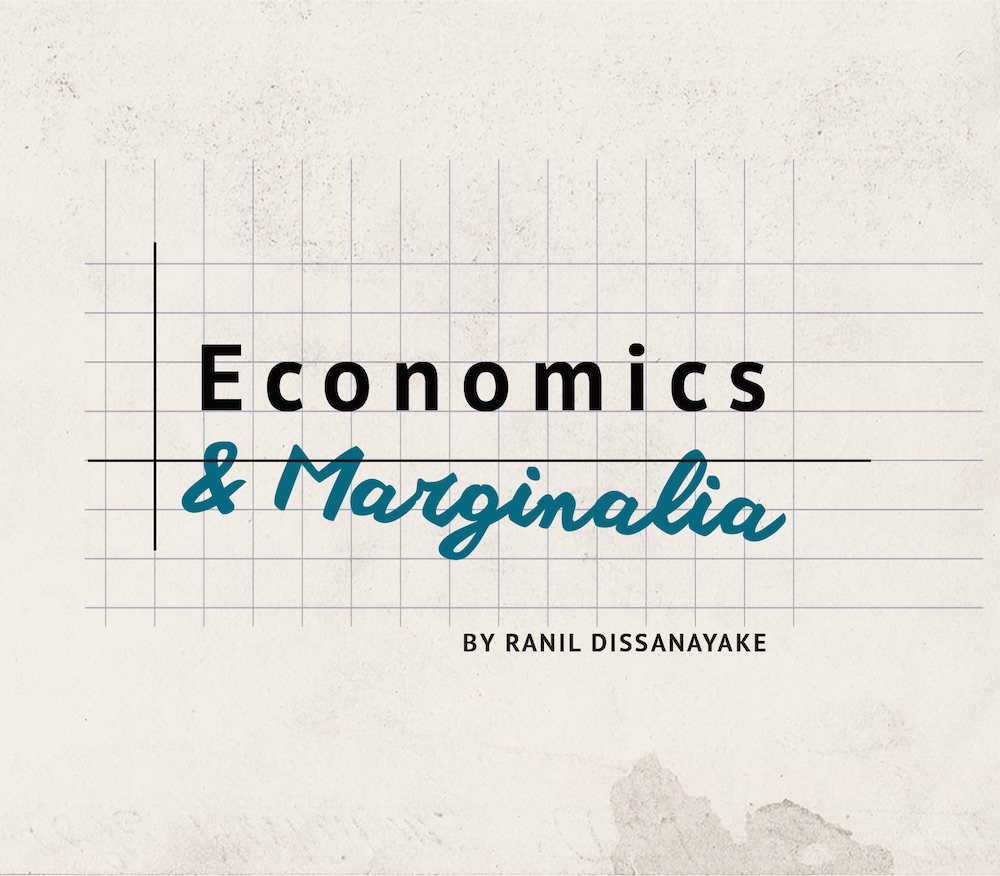Hi all,
Every once in a while, even if for a short time, we find ourselves inhabiting our ideal niche. I remember the one summer in my teens when I looked like a great basketball player, solely because I lucked into a team where everything I did was desperately needed by my much more talented teammates, who looked terrible when I wasn’t playing. I was the only pass-first defender on a team full of people who shot the ball (extremely well) as soon as they got it. I must have averaged 16 assists a game that season. The fact that I couldn’t shoot to save my life never came up. This week, I’ve been rewatching the Sopranos, because Tony Sirico—that’s Paulie “Walnuts” Gaultieri to most of us—passed away. I cannot think of an actor who so perfectly inhabited their niche; it wasn’t just that you couldn’t imagine Paulie being any other way than him, you also couldn’t imagine that it was an act. Everything he did just expanded what Paulie was, and everything he couldn’t do (anything other than anger, incomprehension and menace, all touched with comedy) just didn’t matter. Pine Barrens is still the greatest episode of TV ever made, and Paulie’s greatest moment.
- Speaking of people occupying their perfect niche, this might be my colleague Charles Kenny’s: talking about big, big ideas with a strong appreciation of what is good in the world (it’s optimism, but it’s more than simply choosing to focus on the good; it has deeper intellectual roots than that), and a streak of pragmatism running through it all. Charles is an incredibly prolific writer, because his mind works at a million miles an hour, fizzing with ideas. But if you don’t have time immediately to tackle the book, papers, blogs and op-eds, this is a great place to start. The message he puts forward is clear and compelling: yes, human progress to date has been stunning, but that very fact makes our failures that much starker, and creates a moral imperative to do ever better. That’s a great call to action. And speaking of Charles, I got a mention on Data is Plural for sharing his work with George Yang! Thanks guys.
- I absolutely loved this article by Andrew Van Dam about how economics is becoming ever-more elite, with the share of economics doctorates going to students with at least one parent with a graduate degree shooting up, a trend evident among US-born and foreign-born students (the data is from the US). It’s hard not to notice if you spend any time at all among doctoral students at a university. It means that as a pool of scholars, the diversity of our backgrounds is shrinking. Maybe that has no bearing on our analytical skills or the quality of our published research, but I can’t imagine it doesn’t have an effect on the questions we ask, or how we ask them. The piece draws heavily on Anna Stansbury’s work, which I’ve mentioned in the links before.
- Speaking of economists whose parents have graduate degrees, this week’s Lunch with the FT is with Emily Oster (whose mother was a Dean of Yale’s School of Management). Expecting Better was the best thing I read when my wife was pregnant, and it’s a good interview, surprisingly open and honest about the impact of her popular writing on her academic career.
- Does unequal ability to advocate for remote work help reduce income inequality? This excerpt from the Planet Money newsletter draws on research by Nick Bloom and co-authors, and David Autor and Arindrajit Dube to suggest that at the top of the income distribution, workers are taking lower pay to work more remotely; at the bottom, workers are being compensated for their general inability to do so. Also from Planet Money, the Summer School has dropped! If you’re not an economist, it’s always a fun way to introduce yourself to the subject, and if you are, it’s still a good listen (transcript).
- Patrick Collison’s post about moving fast on universal Covid vaccines, ironically on Slow Boring, is very good.
- Clem Imbert and co-authors summarise their new AER paper on how inflows of migrants cause changes in firm structure and the organisation of production. It’s a clever piece of research, with important implications.
- Lastly, there has been a lot of good cricket recently: Chandimal’s 200 against Australia, Jasprit Bumrah completely bamboozling England, and today’s truly extraordinary match between New Zealand and Ireland, which has gone down to the last two balls as I type. But nothing can match this: Indian conmen have managed to bamboozle Russian gamblers by literally putting on a fake cricket tournament, 20-odd farmers putting on cricket uniforms, a local impressionist doing the commentary in the voice of India’s most famous commentator and a dedicated channel on YouTube. They have been arrested, and will face charges, but not before being featured in Wisden, so it was all worth it. And as I type that, Ireland fall one run short on the last ball!
Have a great weekend, everyone!
R
Disclaimer
CGD blog posts reflect the views of the authors, drawing on prior research and experience in their areas of expertise. CGD is a nonpartisan, independent organization and does not take institutional positions.



